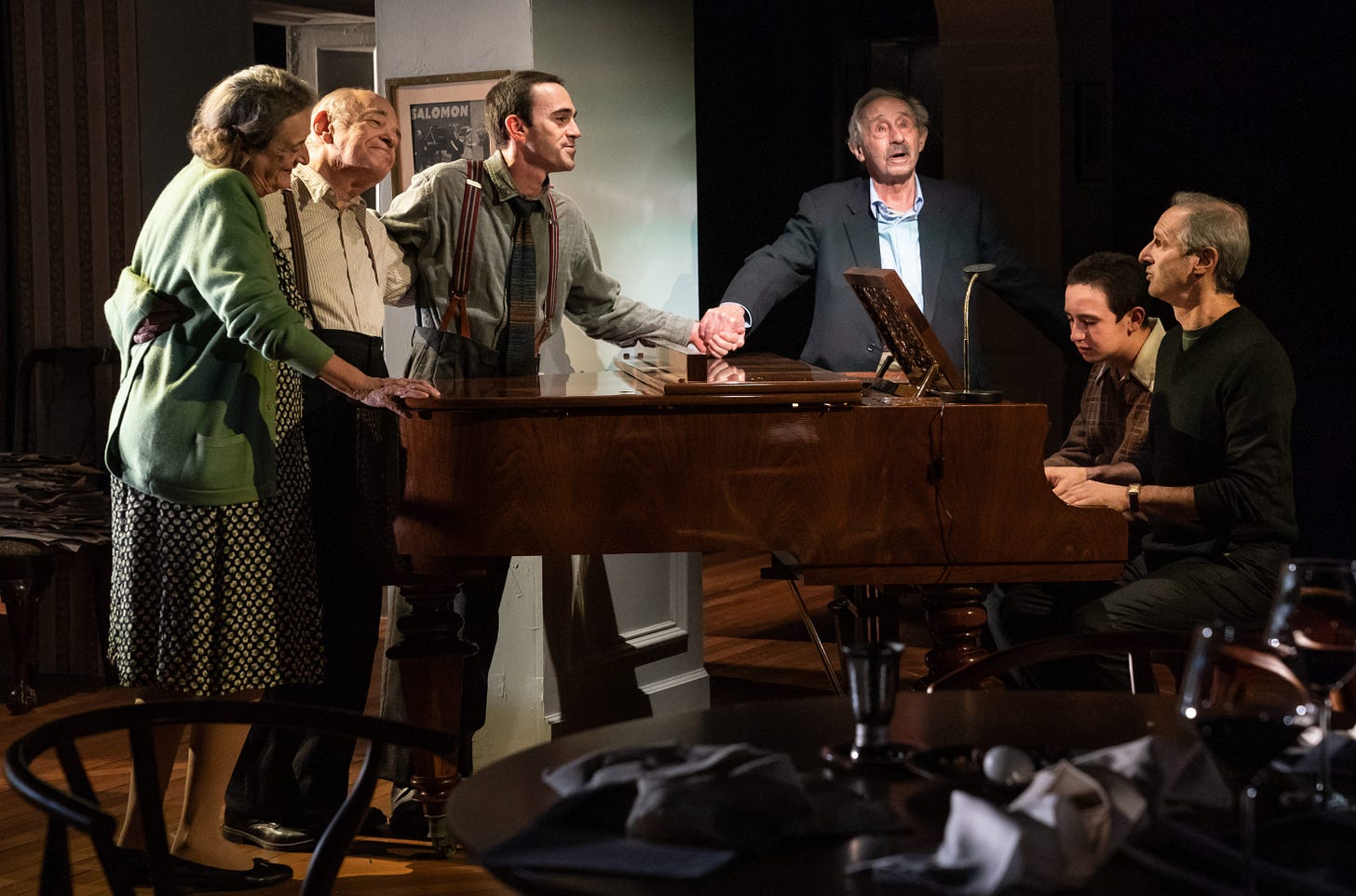Time moves differently for all of us. At 6pm yesterday, the 7 year old I live with asked me, “is it morning, afternoon, or night?”. He definitely lives a full day between 7am and 2pm; and then another full day between 2pm and 8pm. He also seems to categorize his days according to experience: as he was exiting the dentist at 4pm for the second sunny Thursday in a row with a numb and swollen cheek, he mentioned that he was looking forward to meeting his new classmates - which he had already done in that week in between. I think the novocaine made some sense experience that put him right back to the previous week and erased everything in between.
I am about to compare that story about my 7 year old’s teeth, to a family story about immigration due to thousands of years of genocide. Me and my family live a good life in a great place. The teeth was the experience I had at hand. It is inappropriate and I apologize - but please bear with me.
Let’s start in the beginning. But what is the beginn…
Keep reading with a 7-day free trial
Subscribe to A Theater-Going Habit to keep reading this post and get 7 days of free access to the full post archives.




